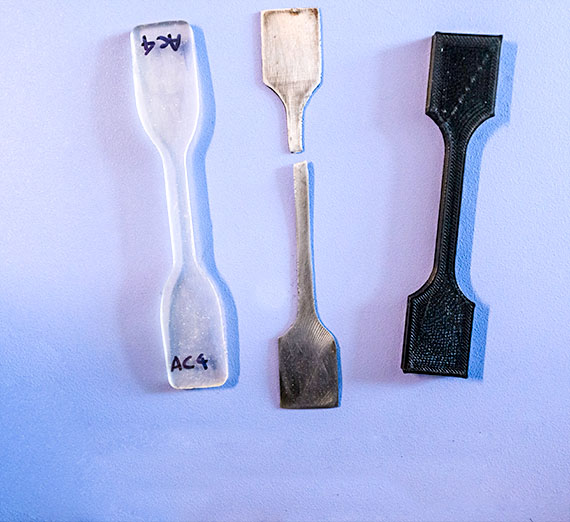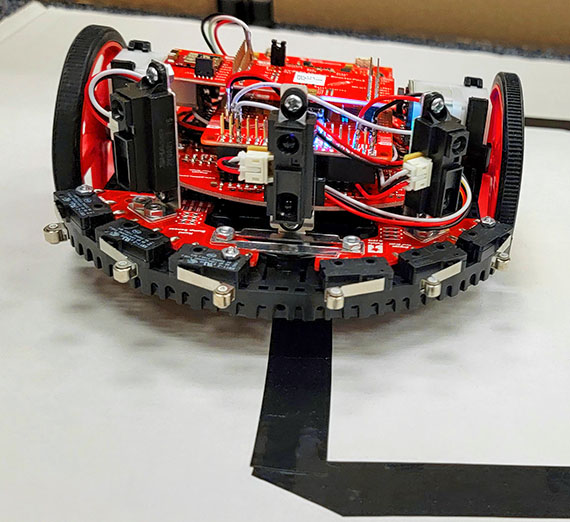
Enhancing Composite Strength and Toughness through Fiber-Matrix Adhesive Interactions
Exploration of composite fiber-matrix interactions through mechanical testing of composite materials comprised of heterogenous matrix adhesives plus carbon fiber for improving strength and fracture toughness properties of materials.



.ashx?rev=b3ebf342501f4f339a59f90b9468af06&h=522&w=570&la=en&hash=E5F98D4D328CBDC86AE7908456477F50)












